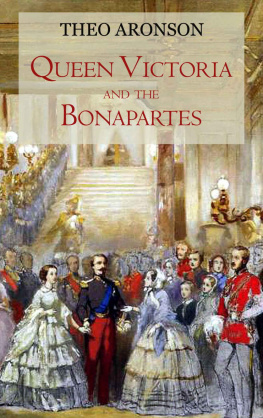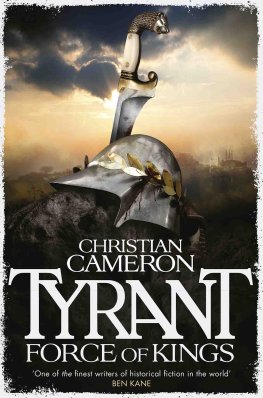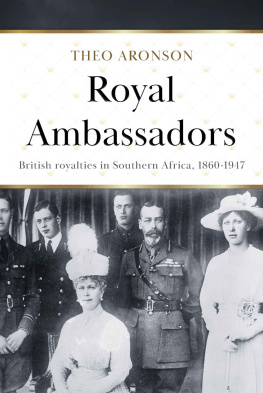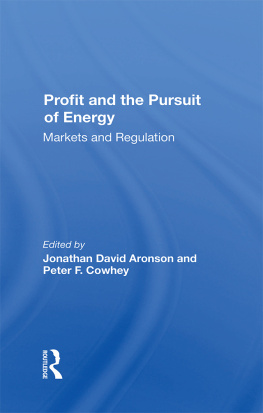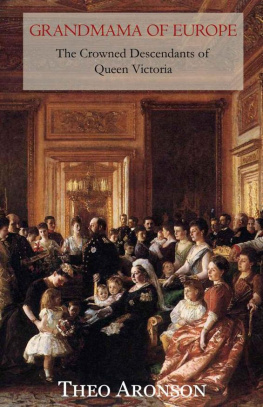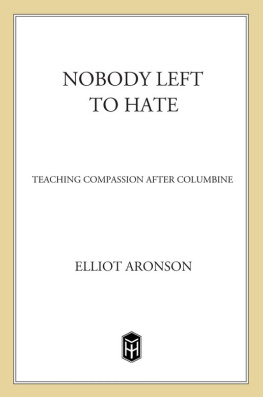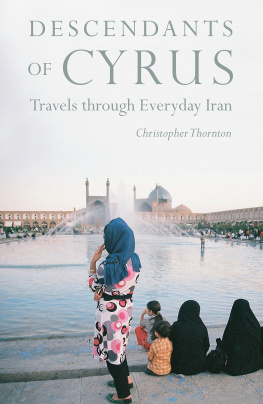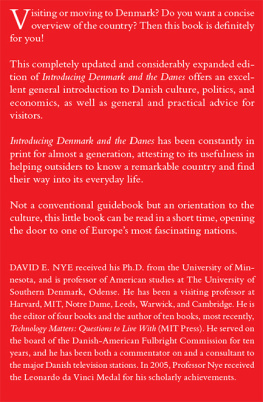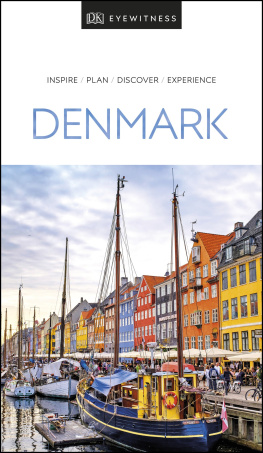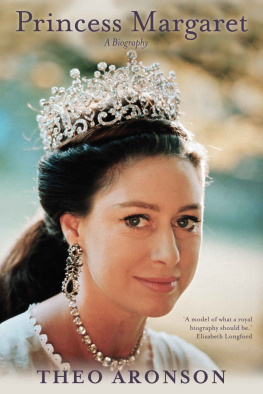Aronson - A Family of Kings: The descendants of Christian IX of Denmark
Here you can read online Aronson - A Family of Kings: The descendants of Christian IX of Denmark full text of the book (entire story) in english for free. Download pdf and epub, get meaning, cover and reviews about this ebook. year: 2020, publisher: Lume Books, genre: Non-fiction. Description of the work, (preface) as well as reviews are available. Best literature library LitArk.com created for fans of good reading and offers a wide selection of genres:
Romance novel
Science fiction
Adventure
Detective
Science
History
Home and family
Prose
Art
Politics
Computer
Non-fiction
Religion
Business
Children
Humor
Choose a favorite category and find really read worthwhile books. Enjoy immersion in the world of imagination, feel the emotions of the characters or learn something new for yourself, make an fascinating discovery.

- Book:A Family of Kings: The descendants of Christian IX of Denmark
- Author:
- Publisher:Lume Books
- Genre:
- Year:2020
- Rating:4 / 5
- Favourites:Add to favourites
- Your mark:
- 80
- 1
- 2
- 3
- 4
- 5
A Family of Kings: The descendants of Christian IX of Denmark: summary, description and annotation
We offer to read an annotation, description, summary or preface (depends on what the author of the book "A Family of Kings: The descendants of Christian IX of Denmark" wrote himself). If you haven't found the necessary information about the book — write in the comments, we will try to find it.
A Family of Kings: The descendants of Christian IX of Denmark — read online for free the complete book (whole text) full work
Below is the text of the book, divided by pages. System saving the place of the last page read, allows you to conveniently read the book "A Family of Kings: The descendants of Christian IX of Denmark" online for free, without having to search again every time where you left off. Put a bookmark, and you can go to the page where you finished reading at any time.
Font size:
Interval:
Bookmark:
A FAMILY OF KINGS
T he D escendants of C hristian IX
of D enmark
Theo Aronson
First published by Cassell & Company in 1976
Copyright The Estate of Theo Aronson, 1976
This edition published in 2020 by Lume Books
30 Great Guildford Street,
Borough, SE1 0HS
The right of The Estate of Theo Aronson to be identified as the author of this work has been asserted by them in accordance with the Copyright, Design and Patents Act, 1988.
All rights reserved. No part of this publication may be reproduced, stored in a retrieval system, or transmitted in photocopying, recording or otherwise, without the prior permission of the copyright owner.
For
Andr Bothner
Table of Contents
A uthors N ote
This book is not a biography of King Christian IX of Denmark. It is an account of the extraordinary aggrandizement of his house; of its rise from relative obscurity to a position of international importance. Rather than with the King himself, this study deals with those of his children, and grandchildren, who became crowned heads in Europe.
To encompass so large a subject, however, I have found it necessary to set myself certain limits. In the first place, I have confined the study to the period of the dynastys most spectacular flowering: the half-century before the First World War. After this, the link between the patriarch and his crowned descendants is too tenuous; these various kings and queens could no longer be regarded as Danish royals. Secondly, I have not attempted to write a full-scale biography of each character. At the risk of playing down certain aspects of their lives, I have emphasized their relationships to each other. I have treated them as members of a clan, of the Danish royal family, rather than as monarchs or consorts in their respective countries. They are dealt with as descendants of King Christian IX first and as sovereigns second. And finally, what I have written is a domestic, rather than a political, study. The focus is on the various courts, not the countries, into which the Kings family spread. This is a book about people, not politics; it is biography rather than history.
I have received a great deal of assistance during the writing of this book. My chief thanks are to Det Kongelige Bibliotek, Copenhagen; for this help, I am grateful to Mr Johan Hvidfeldt, Miss Birgitte Hvidt and Mr Erik Ulmer. I must thank also the Danish Ministry of Foreign Affairs in Copenhagen; the British Museum, London; and the Library of Congress, Washington. I am particularly grateful to Miss Myra Conradie who, as always, provided me with a splendid genealogical table (which, unfortunately, I have been obliged to condense) and who lent me a number of books. For information, material, advice and help I am indebted to Miss A. T. Hadley, Mrs E. Nel, Mrs Edna Fitzgerald, Mrs van der Hoven, Mrs Katherine Drake, Mr P. Skovgaard Andersen and Mr Lars Jensen, I am grateful to those many people who have gone out of their way to help me on my various visits to Denmark.
My heartfelt thanks, as always, to Mr Brian Roberts, without whose expert advice and constant encouragement this book would not have been written.
Works which have been of great assistance are The Letters of Tsar Nicholas and Empress Marie , edited by E. J. Bing (Ivor Nicholson and Watson, 1937), and My Fifty Years by Prince Nicholas of Greece (Hutchinson, 1926). Four recently published books which have proved especially useful and to whose authors I am deeply indebted are Queen Alexandra by Georgina Battiscombe (Constable, 1969), Nicholas and Alexandra by Robert K. Massie (Gollancz, 1968), The Last Grand Duchess by Ian Vorres (Hutchinson, 1964, and by permission of Collins-Knowlton-Wing, New York), and Haakon, King of Norway by Maurice Michael (George Allen and Unwin, 1958).
I must also acknowledge the gracious permission of Queen Elizabeth II to republish passages from various printed sources of which the copyright in the original text belongs to Her Majesty.
P rologue
E uropes F ather-in-law
For five days in the spring of 1892, the little city of Copenhagen was en fte . The Danish sovereigns, King Christian IX and Queen Louise, were celebrating their Golden Wedding.
From 25 to 29 May, the charming but normally tranquil Danish capital was transformed. Bells pealed, flags fluttered, tapestries billowed, great swags of greenery swayed above the narrow streets. Even the sun came out to set the citys waterways a-sparkle. In the Old Market Square, gilded balls, representing golden apples, bobbed and flashed in the waters of the fountain. The avenue leading from the Amalienborg Palace was said to be a vista of garlanded arches; a gratified firm announced that it had supplied the city with countless tons of greenery. In the Hjbro Plads, looking incongruous amongst the unpretentious houses, rose a triumphal archelaborately pillared, massively domed, fulsomely inscribed and hideously festooned. All day, and all night, the crowds surged through the streets. There was so much to see: royal processions, military parades, thumping bands, massed choirs and, not least of all, the wonder of decorations in electric light. Never, in living memory, had the Danish capital presented so animated, so colourful and so splendid a sight.
The celebrations on the day itselfThursday 26 Maybegan with the singing of an ode of congratulation by a thousand choristers massed outside the Amalienborg Palace. Onto the balcony in answer to this lustily rendered tribute, came the King and Queen. At seventy-four, King Christian IX was a slender, stiff-backed and luxuriantly bewhiskered figure; the seventy-five-year-old Queen Louise was smaller, frailer but still remarkably pretty. When the great surge of sound from the square below had ended, the King lifted up his baby great-grandson for them all to see. At this typically spontaneous gesture on the part of their old King, the crowd roared with delight.
Later that morning, the royal couple drove in state to a thanksgiving service in the Castle Church. Under that flamboyant arch in the Hjbro Plads their carriage halted and the Burgomaster of Copenhagen read out an address of congratulation. To the Burgomasters effusions, the King replied, in his simple fashion, that he always regarded the people of Copenhagen as his brothers and children.
The scene in the Castle Church was said to be magnificent: the spring sunlight, slanting through the tall windows, heightened the kaleidoscopic colours of the uniforms, the glitter of arms and the sheen of dresses. The service lasted for an hour. Back at the palace, the royal couple received deputations from the two Houses of the Danish Parliament and that night, having attended a banquet of brilliant character, given by their eldest son, Crown Prince Frederick, they went on to a gala performance at the theatre. Not until almost midnight did they drive back, through the tumultuous, dazzlingly lit streets, to their palace.
Their Golden Wedding had been, in the words of one of their many grandsons, the celebration of a great day which was to be the crowning event in their richly blessed lives.
This was not mere rhetoric. The lives of King Christian IX and Queen Louise had indeed been richly blessed. Denmark might be small, poor, unsophisticated and unimportant, but her sovereign enjoyed a position of considerable eminence: his standing in Europe was out of all proportion to that of his country. King Christian IX ranked amongst the Continents most respected sovereigns.
None of this, it must be admitted, was due to the exercise, or even the existence, of any exceptional qualities on the part of the King. Born an obscure and impoverished princeling, with nothing remarkable about him but his namePrince Christian of Schleswig-Holstein-Sonderburg-Glcksburghe had inherited the throne through two fortunate circumstances: the reigning house had run out of direct heirs, and his wifePrincess Louise of Hesse-Casselwas even closer to the throne than he. Thus when, in 1852, the Great Powers of Europe had to decide on a male heir to the Danish throne, it was he whom they chose.
Next pageFont size:
Interval:
Bookmark:
Similar books «A Family of Kings: The descendants of Christian IX of Denmark»
Look at similar books to A Family of Kings: The descendants of Christian IX of Denmark. We have selected literature similar in name and meaning in the hope of providing readers with more options to find new, interesting, not yet read works.
Discussion, reviews of the book A Family of Kings: The descendants of Christian IX of Denmark and just readers' own opinions. Leave your comments, write what you think about the work, its meaning or the main characters. Specify what exactly you liked and what you didn't like, and why you think so.

